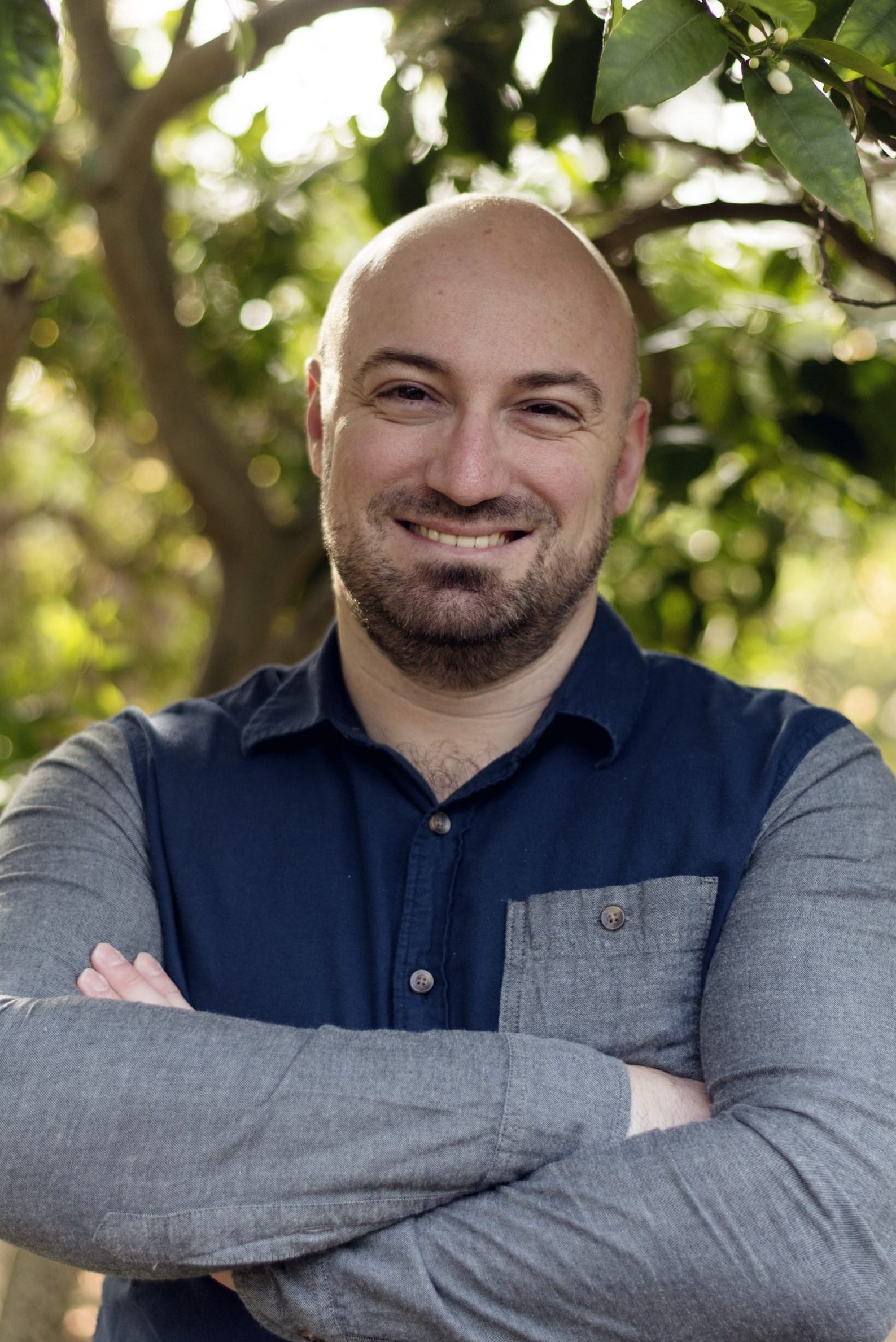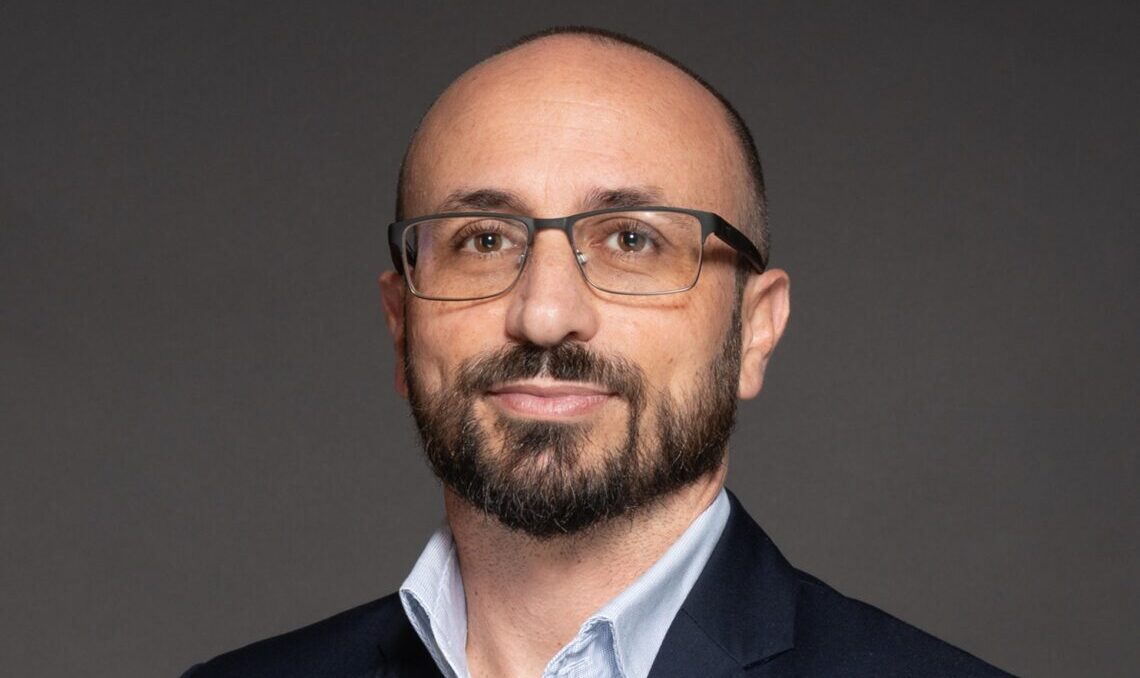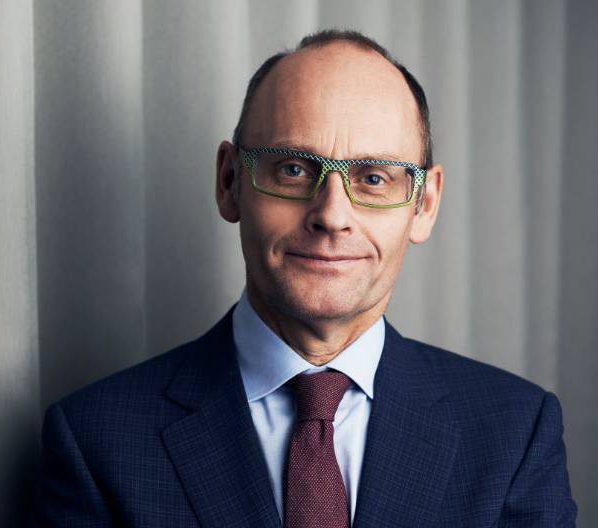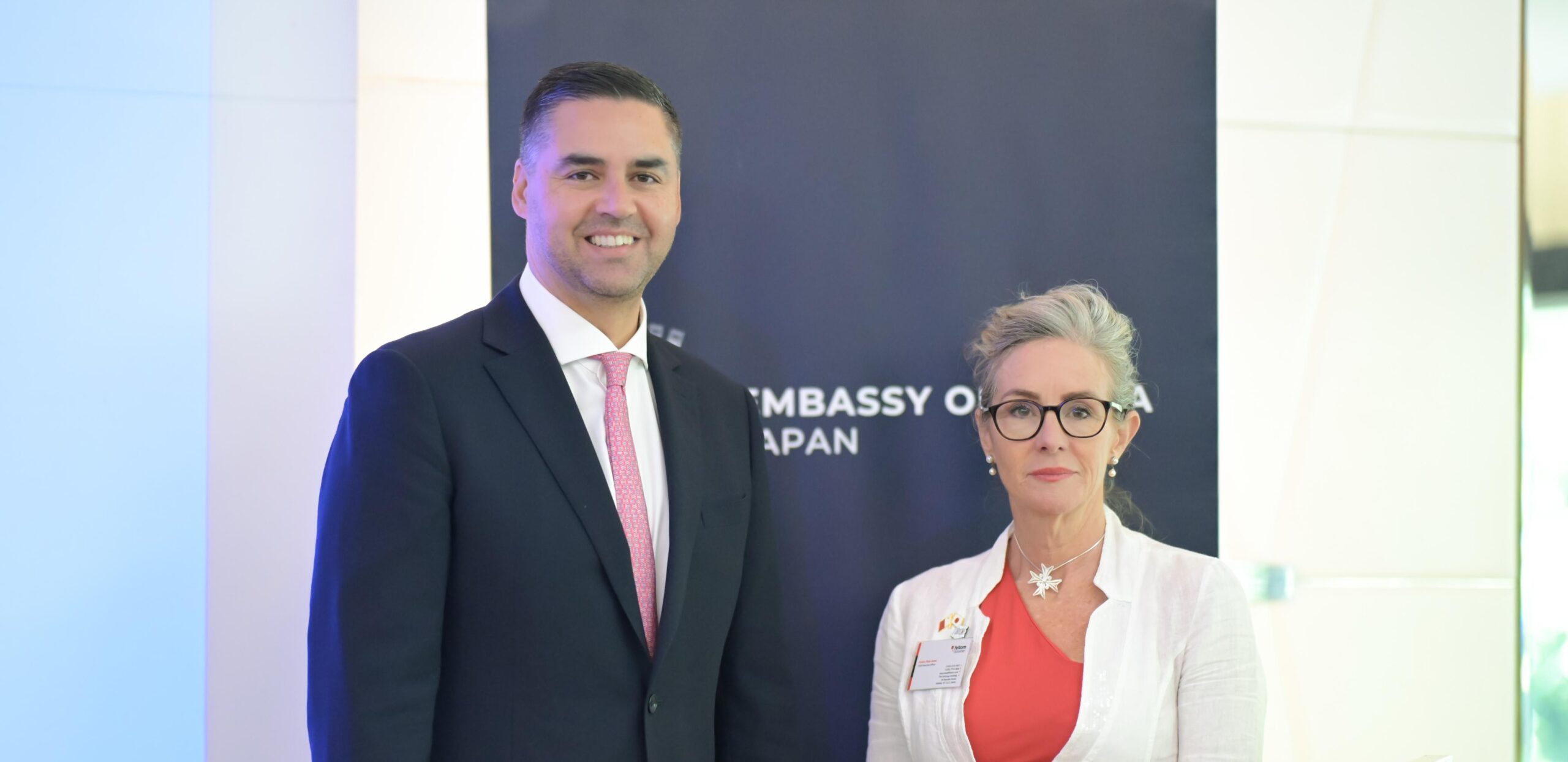Workplace bullying is more than an issue of workplace harmony – it is a pervasive problem with significant human and economic costs.
Aaron Zammit Apap, Founder and Secretary General of bBrave, shared his insights with MaltaCEOs.mt on the findings of their comprehensive 2023 study on workplace bullying in Malta, offering a sobering look at its impact on individuals, organisations, and the nation as a whole.
bBrave is a voluntary organisation set up to raise awareness on different forms of bullying and to facilitate assistance for individuals suffering from bullying and for the reform of those perpetrating in Malta.
Bullying in the workplace: A widespread issue

“Bullying occurs when there is an imbalance of power between two or more people, and the person having the upper hand repetitively abuses that imbalance,” Dr Zammit Apap explained.
While bullying is often associated with children, he stressed that it is equally prevalent among adults. According to bBrave’s Research Study on Bullying and Ostracism at the Workplace in Malta, 64 per cent of respondents reported bullying in their workplace, and 40 per cent admitted to experiencing bullying themselves in the past year. Alarmingly, almost half of these reported incidents occurred weekly.
The study found that workplace bullying in Malta is largely psychological or emotional (80 per cent), verbal (58 per cent), and exclusionary (47 per cent). Its consequences on individuals are severe.
“An increase in stress was reported by 73 per cent of respondents, while 58 per cent noted other mental health repercussions, and 39 per cent experienced physical health repercussions,” he said.
Perhaps most concerning, nine per cent of those affected reported contemplating or engaging in self-harm or suicidal behaviour.
The economic ripple effect
These personal struggles have a measurable impact on workplace productivity. “Many respondents noted being less engaged at work (45 per cent), less focused (37 per cent), or planning to resign (37 per cent),” Dr Zammit Apap said.
Reduced productivity was reported by 33 per cent, which he said is closely linked to the mental and physical health challenges caused by bullying.
PricewaterhouseCoopers Malta, the firm carrying out the Study for bBrave, estimated that based on the Organisation for Economic Co-operation and Development (OECD) data from other countries, roughly four per cent of Malta’ GDP could be impacted through direct and indirect costs, Dr Zammit Apap added.
These costs include employee turnover, absenteeism, and presenteeism, as well as the expenses associated with replacing staff.
“The costs of replacing a valuable member of staff are well-known but often taken for granted – job advertisement costs, recruitment agency fees, interview hours, and training expenses. At the same time, remaining employees are often overworked to compensate, leading to their own performance declines,” he elaborated.
Comparing Malta to global standards
When comparing Malta’s bullying statistics to other countries, the findings are even more alarming.
According to another survey, seven per cent of EU workers in 2022 reported experiencing workplace bullying or harassment – a stark contrast to Malta’s 40 per cent.
Dr Zammit Apap also highlighted the economic impact of bullying in other nations.
For instance, a 2020 University of Galway study found that 1.7 million workdays were lost annually due to workplace bullying in Ireland, costing the economy €239 million. “Various European reports estimate that workplace abuse costs between 2.4 per cent and four per cent of GDP annually,” he said, emphasising that Malta’s figures align with the higher end of these estimates.
Bullying’s public nature and workplace culture
An especially troubling statistic from the study revealed that 88 per cent of bullying incidents in Malta occur in front of others. “This reflects the impunity with which bullying takes place in Malta’s workplaces,” Dr Zammit Apap said.
“People who bully feel confident that no action will be taken. Their behaviour is so accepted as part of the day-to-day process that they are not concerned if others are watching,” he added.
On the other hand, victims and witnesses fear speaking up. “58 per cent of respondents said they do not report bullying, with 49 per cent citing fear of repercussions as the reason,” he stated.
Leadership’s role in combating bullying
The study emphasised the critical role of leadership in addressing workplace bullying. “Leaders should neither bully nor act as accomplices to bullies, nor turn a blind eye to abuse,” Dr Zammit Apap added.
He advocated for proactive measures, such as raising awareness, implementing zero-tolerance policies, and providing training for both management and employees.
To support organisations, bBrave has developed a toolkit that includes a template anti-bullying policy and training materials. While some employers have embraced these resources, others remain hesitant. “Some fear that addressing bullying will expose internal issues,” he said, though he noted that this mentality is gradually changing.
Steps toward change
Dr Zammit Apap called for open discussions about workplace behaviour, explaining where joking or banter crosses the line into bullying. “Banter turns into bullying when we are laughing at the person rather than with them,” he said. He encouraged employers to foster a culture of respect and accountability, ensuring that employees feel safe to report bullying.
Awareness campaigns, he suggested, should highlight the tangible consequences of bullying, not only on individuals but also on the organisation’s reputation and finances. “Ignoring bullying is not an option,” he warned – “the cost of inaction far outweighs the cost of proactive measures.”
Encouraging progress and ongoing efforts
Despite the challenges, Dr Zammit Apap expressed optimism about the progress being made. bBrave’s study has been discussed in Parliament, and Government officials have shown interest in adopting mandatory anti-bullying policies for larger organisations.
Furthermore, bBrave continues to engage with stakeholders and update its resources to ensure they remain relevant and effective, he added.
Ultimately, he concluded, combating workplace bullying requires a collective effort. “Bullying kills, but upstanders save lives. Each of us has a role to play in creating a respectful and supportive workplace culture.”
Betsson doubling down on flagship brand to ‘realise economies of scale’ – CEO
The iGaming giant recently launched its main global brand in Georgia and Lithuania.
Japan-Malta visa to attract more, higher-quality Japanese students – FELTOM CEO
Jessica Rees-Jones says that this agreement is extremely important for the local English Language Teaching sector.
Coldplay’s kiss cam sparks scandal for US tech CEO and HR Chief – and the internet can’t look away
A Coldplay concert kiss cam turned into corporate chaos when two tech execs were caught canoodling, and the internet did ...
Lawyers weigh in on amendments in Malta’s citizenship law: Evolution or extinction?
Experts say whether amendments in the law signal the end of the sector, or simply its evolution into a more ...









